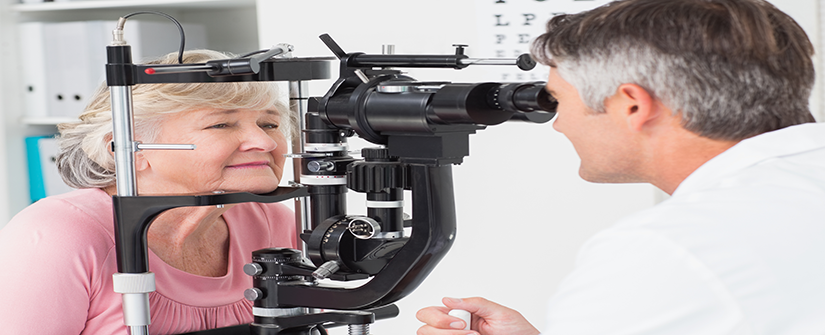
Lazy eye (amblyopia) is an optical condition that typically develops during childhood where the eyesight on one side of the person’s head does not develop equally. Typical treatments for lazy eye are eye patches, special glasses or contact lenses, or surgery, and medical professionals have even recommended acupuncture.
Most cases of lazy eye indicate that one eye is more affected by lazy eye than the other. This occurs from a reduction in stimulus to the eye, which could be a possible result of visual brain cells not maturing normally. In America, lazy eye is commonly caused by monocular blindness whether it be partial or complete blindness in the affected eye, per the National Eye Institute (nei.nih.gov, 2013).
It has been noted in several studies that lazy eye is one of the top causes of vision loss among children under 12 years old. Unfortunately, this affects roughly two to three out of every 100 children in the United States. The worst part about lazy eye is that it often leads to vision loss. According to the National Eye Institute, lazy eye is normally produced by blockage between the skull to the eye (nei.nih.gov, 2013). Acupuncture can help to reengage the nerves for a clear communication between the eye and brain, and, through a series of treatments, may be a great option for treating lazy eye.
If your child is experiencing lazy eye, the acupuncturists at Progressive Acupuncture Wellness Center in Chicago may be able to help restore functionality to the affected eye.
Dr. Dennis Lam M.D., a well-known researcher at the Joint Shantou International Eye Center of Shantou University and Chinese University of Hong Kong, worked with several other researches to compare the effects of treating lazy eye with an eye patch versus acupuncture, and the results were astounding. They studied 88 children, ages 7 to 12, whom all had a condition known as anisometropic amblyopia—43 children were treated with acupuncture and 45 were treated with eye-patch therapy.
After 15 weeks of treatment:
• Visual acuity improved by 2.3 lines in the Acupuncture Group
• Visual acuity improved by 1.8 lines in the Patching Group
• 75.6% (31) of the children in the Acupuncture Group experienced an improvement of at least two lines
• 66.7% (28) of the children in the Patching Group experienced an improvement of at least two lines
• In the Acupuncture Group lazy eye was considered as resolved in 41.5% of cases
• In the Patching Group lazy eye was considered as resolved in 16.7% of cases
Source: Nordqvist, Christian. "Lazy Eye Appears To Respond Well To Acupuncture In Many Cases." Medical News Today. MediLexicon International, 13 Dec. 2010. Web. 11 Apr. 2017.
At Progressive Acupuncture Wellness Center in Chicago, we have helped hundreds of people with many different conditions, and the majority of our patients have found relief their symptoms. However, it is important to understand that acupuncture will not affect everybody in the same way. Although acupuncture has been reported as showing beneficial results in the treatment of lazy eye, there is no guarantee that it will have the same results with all patients, as all results are dependent on the person’s condition. To learn more about treating lazy eye with acupuncture and if it will work for you, call Progressive Acupuncture Wellness Center in Chicago to schedule an appointment with our doctors today.